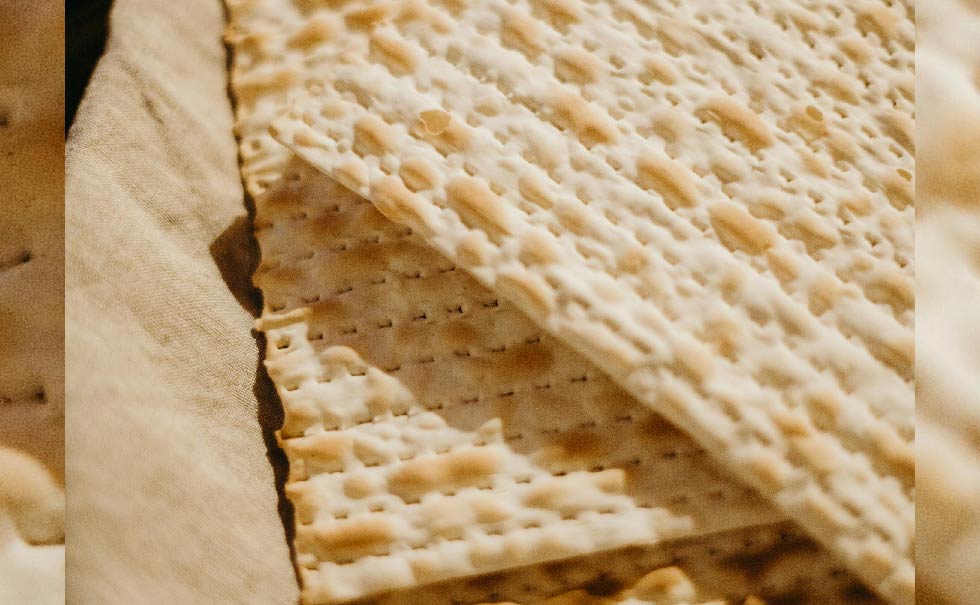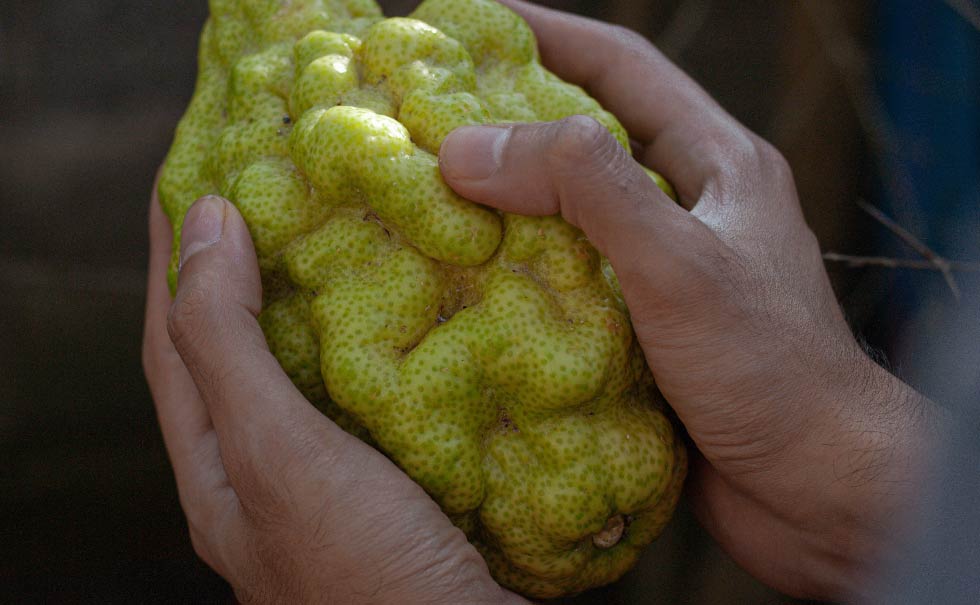Chag Pesach Somayach!
Chag Pesach Somayach:
(Yom Tov: Day 1)
“Tell Pharaoh – let my people go!”
These words are greatly enigmatic, perhaps especially this year.
Whilst a great many spiritual insights are available on Pesach: the
key critical component of the festival is one of family:
We gather together with our close, distant and extended family, with
our friends and with our community.
We celebrate on Pesach the beginning narrative of our peoplehood and
the formation of our nation.
The story is one of tremendous struggle against an oppressor – against
a genocidal King who enslaved and murdered our people and Hashem’s
deliverance through miracles.
“let my people go!”
These words seem greatly poignant this year given that as we celebrate
our being together, so many families in Israel mourn the loss of their
loved ones during the recent wars and those captives who have not
returned home – their fate a mystery and we fear the worst especially
for the women and children.
Only last week a barrage of hundreds of rockets was launched upon our
small county – with one intent: to destroy as many Jewish lives as
possible, to unleash devastation and destruction and to give such a
blow to the infrastructure that we would have been wide open to attack
by our neighbours on all sides simultaneously.
In the Purim story we read about the plot to annihilate the Jewish
people on one single day – last week we lived through it:
Much like in the Purim story, miracles behind the scenes saved us –
through the bravery of the IDF (particularly of the Air Force), the
technology of the Iron Dome and our intelligence services that alerted
us an our allies in time, 99% of all the rockets fired did little to
no damage: in fact more people were injured and killed in Iran than in
Israel.
We read in the Haggadah about the miracles performed for our ancestors
in Egypt – As Jews we cannot allow our understanding of Miracles to be
“left in the past”, rather Jewish life and our continued survival is
nothing other than miraculous, sometimes the miracles are hidden and
political like in the Purim Story, sometimes they are open and clear
like on Pesach.
When we gather together, we love to hear the children sing Ma’
Nishtana – we think back to ourselves at our parents’ and
grandparents’ tables.
Many of us have undergone the profound transition from being the
little child singing Ma’ Nishtana to the adults preparing and leading
the Seder:
The secret of Jewish education is not only to infuse children with
their heritage, with a sense of being able to achieve, with being
connected to their people and Hashem’s Torah, but also for each every
Jewish child to know deeply in the core of their being that themselves
are a miracle, that our people are a miraculous people and that with
Hashem’s Blessings anything, even the profound is possible.
(Yom Tov: Day 2)
We search out the Chametz with a candle, a spoon and a feather – an
event that is so very powerful, memorable and enjoyable for the whole
family.
We search the nooks and under cupboards searching out the Chametz that
the parents have carefully hidden (often so carefully that finding
that last piece can prove at times somewhat stressful!)
We boil water and scrub the kitchen, flip out the Pesach set, we boil
and burn our vessels to Kasher them for the Festival.
When people begin their journey into Observant Judaism, Shabbat,
Prayer, Tzedakah, Torah Study all make sense – they all have immediate
qualities that we can understand on an intellectual and on a deeper
human level. The stress and energy in the preparation for Pesach is
somewhat harder to understand the first time one experiences it: then
the different customs and practices of different families and groups
can be confusing and hard to explain to those new to the practice.
Chametz (leaven) is more than just a symbol of our oppression and
journey to freedom in the narrative of the Exodus, Chametz according
to a wide variety of traditional sources also symbolises the Yetzer
Hara (the inclination towards Evil) and egotism: for much like Chametz
it puffs itself up in its own self-importance.
It is a very universal human experience to sit out at night and gaze
in wonder at the night sky, to see the constellations amongst the
great sea of stars above us.
At that moment we feel profoundly small and simultaneously part of
something wondrous and greater than ourselves.
What is rather impressive is that even though we recognise that we are
but mere specks of dust in a cosmic perspective – our feelings take on
a large earth like size whenever we feel affronted and insulted.
We are quite capable of “blowing up” over even small matters that
really should not be a big issue.
Parents know this all too well, how often do we need to step in
because the Geneva convention of not playing with my toy has been
broken or the war crime of “they called me names”?
At times (for some reason especially on Friday Afternoons and on Erev
Pesach!) it is easy to feel more like a UN Peacekeeping Force for the
kids (when we might feel we should be focused on being a UN
Pesach-keeping Force keeping the world free of Chametz) – We
understand that little people very often have very big feelings – in
fact the relation is directly disproportionate to size and age, or at
least one hopes!
The Yetzer Hara is adept of taking advantage of our self-importance
and losing the higher perspective of things in relation to each other
(that we call Daat) – the reason for this is actually very profound:
The Yetzer is not all senses lying: We are actually the most important
people we know.
In our lives our emotional world takes up as much space as our entire
existence – we are not always aware of the cosmic perspective of our
lives versus the scale of the universe, more often we forget about the
importance of a single moment in a life, a marriage, a career, a
family, a nation…
Throughout the Mystical we are told of the power of Pesach to awaken
us from slumber, that due to the Chametz of our lives, we so to speak
fall asleep spiritually – moreover we accept that to a certain extent
that in order to focus on our immediate needs and the needs of those
around us we have to gain a certain degree of myopia, that is short
sighted focus that allows to put ourselves and our families first.
A certain degree of Chametz is required, each Shabbat we have two
loaves of Bread (Representing the words Remember and Keep), some
Kabbalistic customs have twelve (One bread for each tribe) delicious
Chametz breads. Chametz is delicious and in the correct amounts
nothing is intrinsically wrong with it.
So too, the Talmud and other traditional sources understand that a
Yetzer Hara is required; without it there would be no drive towards
children, towards greatness, towards our own grandeur:
But much like those moments when we gaze up at stars and realise our
own insignificance in the grander scheme of the universe, we need to
have a moment to destroy Chametz in our lives, simply because the vast
majority of us are not capable of correctly using our egotism as a
tool and more often wield it as a weapon against ourselves and others.
It is this refining process that is being undertaken on Pesach, by
recounting all the miraculous things done for our ancestors we
remember that we are not always so worthy of the blessings we have,
that much of what we have comes from the sacrifices of our parents,
grandparents and those generations who lived before us:
We did not invent the wheel, fire, domesticate the horse and dog, we
did not develop the tools and technology we now rely on each day – are
we grateful to those who did undertake those inventions that we so
greatly benefit from?
When we think of how our people have survived over millennia, of those
who went through unbelievable pain and peril to bring forth us as an
individual hundred or even thousands of years later – are we grateful?
Do we slip into thinking that what we have, our wealth, health,
family, jobs and abilities are things that we created, or do we
recognise that a Higher Power, a Creator has made them?
Pesach is a time without the inflation of ego, when the greatest
amongst us get on their hands and knees and with a bit of elbow grease
clean our houses and hopefully our hearts out of all the Chametz, it
is a time that we remember the great things that others have done for
us, the great things that Hashem has done for us both on a personal
and national level.
As we learned in the Parsha relating to Abraham’s encounter with
Hashem in the tent (Genisis/Bereshit:15:5):
“And He brought him forth outdoors and said, “Look now toward heaven
and count the stars, if thou be able to number them.” And He said unto
him, “So shall thy seed be.””
The secret about the stars is that they appear very small from our
perspective looking up at them, but from closer we understand
immediately that they are massive:
So too it is with human beings – whether we perceive a small speck or
a great star depends largely on our perspective: the deeper secret is
that both perspectives are true and necessary, we could not enjoy the
experience of all the night sky if a single star blocked our view from
the greater perspective and our experience of the vastness is made
possible because we understand that every point of light is, or once
was a giant star.
May we be blessed to have both perspectives in the proper proportions.
Chag Somayach!
Rabbi Jonathan Goldschmidt 2024 ©




